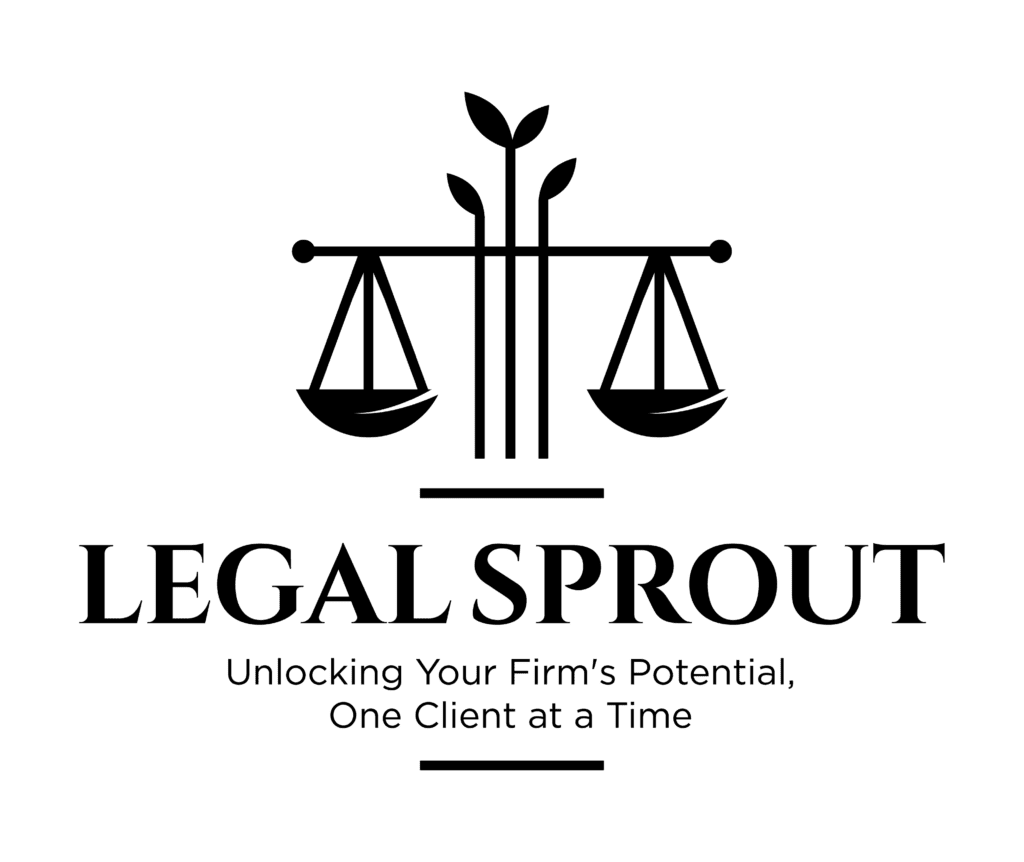Filing for bankruptcy is a significant step that can provide relief from overwhelming debt and a fresh financial start. However, the process can be complex and fraught with potential pitfalls. Understanding the bankruptcy process and avoiding common mistakes is crucial to ensure a successful outcome. This blog post will highlight the top five mistakes individuals often make when filing for bankruptcy without professional assistance.
1. Failing to Provide Complete and Accurate Information
One of the most critical aspects of filing for bankruptcy is the requirement to disclose all financial information accurately. This includes listing all assets, liabilities, income, and expenses. Failing to provide complete or accurate information can lead to severe consequences, such as the dismissal of your case or, in extreme cases, charges of bankruptcy fraud.
Consequences of incomplete or inaccurate disclosures:
- Case dismissal
- Potential fraud charges
- Loss of bankruptcy protection
Tips to ensure all necessary information is included:
- Gather all financial documents, including bank statements, tax returns, and bills.
- Double-check your information for accuracy before filing.
- Consider using bankruptcy software or professional assistance to help organize and verify your information.
2. Misunderstanding the Different Types of Bankruptcy
Bankruptcy comes in various forms, primarily Chapter 7 and Chapter 13 for individuals. Each type has different requirements and outcomes, making it essential to choose the one that best suits your circumstances.
Overview of Chapter 7 and Chapter 13:
- Chapter 7: Also known as liquidation bankruptcy, it involves selling non-exempt assets to pay off debts. It’s suitable for individuals with limited income and significant unsecured debt.
- Chapter 13: Known as reorganization bankruptcy, it allows individuals to keep their assets and repay debts over a 3-5 year period based on a court-approved repayment plan.
Common misconceptions:
- Believing Chapter 7 will erase all debts without any asset liquidation.
- Thinking Chapter 13 will reduce the amount of debt owed.
Guidance on determining the best option:
- Assess your income, assets, and types of debt.
- Consider consulting a bankruptcy attorney to evaluate your situation and recommend the most appropriate type.
3. Incorrectly Valuing Assets
Accurate asset valuation is crucial in bankruptcy filings. Overestimating or underestimating the value of your assets can have significant consequences, such as losing property unnecessarily or facing objections from creditors.
Importance of accurate asset valuation:
- Ensures proper application of exemptions.
- Helps in determining the feasibility of repayment plans under Chapter 13.
Common mistakes in asset valuation:
- Using purchase prices instead of current market value.
- Ignoring depreciation or appreciation.
Practical advice on properly valuing assets:
- Obtain professional appraisals for significant assets like real estate and vehicles.
- Use current market data for smaller items and personal property.
- Apply state and federal exemptions accurately to protect assets.
4. Failing to Attend Required Meetings and Hearings
Bankruptcy proceedings include mandatory meetings and hearings, such as the 341 meeting of creditors, where the debtor must appear and answer questions about their financial situation.
Explanation of mandatory meetings and hearings:
- 341 Meeting of Creditors: A meeting where creditors can ask questions about your financial affairs and bankruptcy filing.
- Court hearings for case confirmation and disputes.
Consequences of missing appointments:
- Case dismissal
- Delay in proceedings
- Loss of bankruptcy protection
Tips on staying organized and ensuring attendance:
- Keep a calendar with all important dates and deadlines.
- Set reminders for meetings and hearings.
- Prepare all necessary documents in advance.
5. Attempting to Hide Assets or Debts
Hiding assets or debts in a bankruptcy filing is illegal and can lead to severe penalties. Trustees are skilled at uncovering hidden assets, and the repercussions can be severe.
Legal implications and consequences:
- Denial of discharge
- Fines and penalties
- Potential criminal charges
How trustees can discover hidden assets:
- Reviewing financial records and transactions
- Conducting investigations and interviews
Ethical and legal importance of full disclosure:
- Honesty is paramount in bankruptcy filings.
- Full disclosure ensures a fair process and the protection of your rights under bankruptcy law.
Filing for bankruptcy without professional assistance can be a daunting and risky endeavor. The complexities and potential pitfalls can lead to costly mistakes. Our experienced attorneys specialize in bankruptcy law and can provide the guidance and support you need to navigate this challenging process. Contact Our firm for a free consultation.





